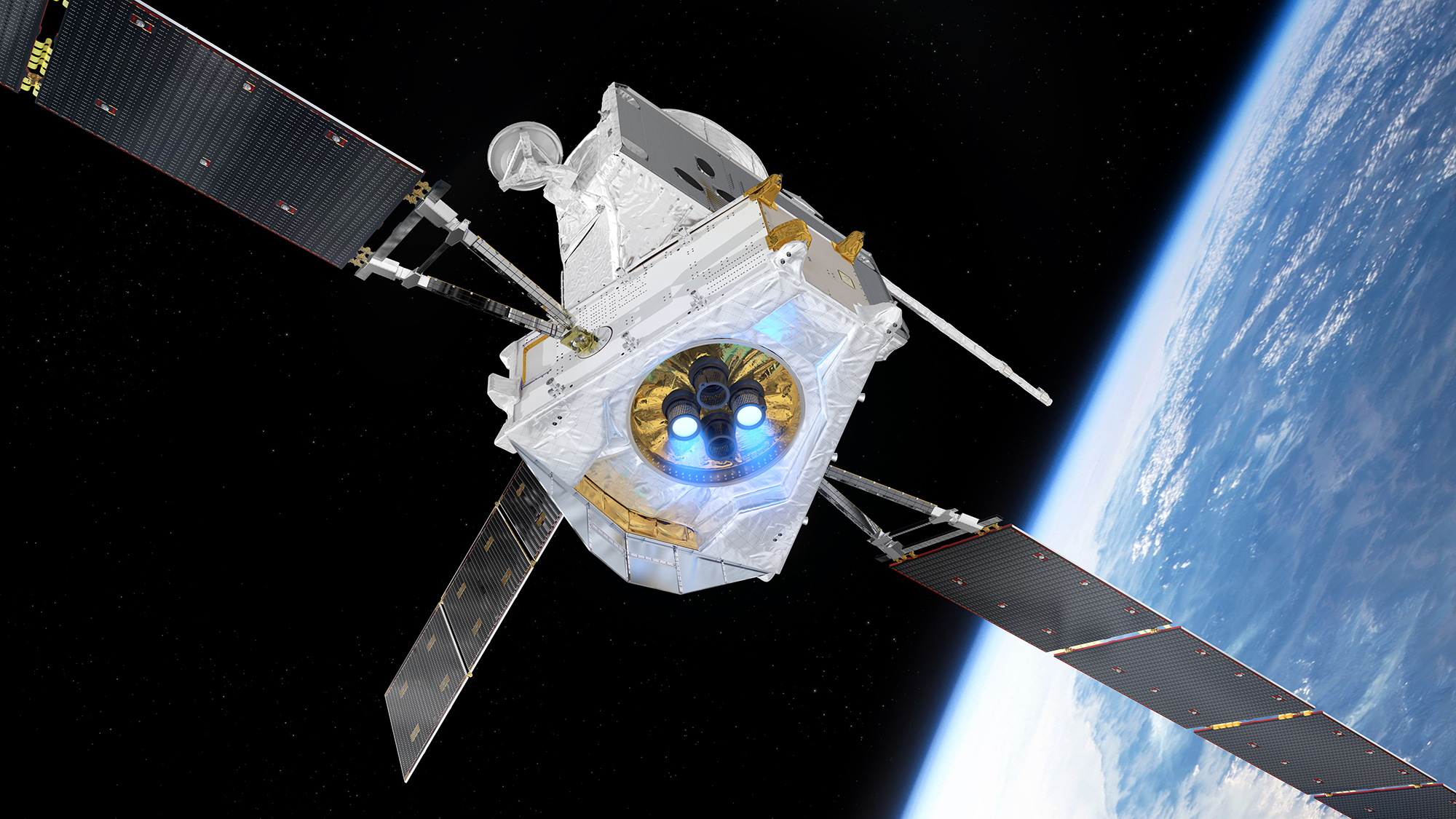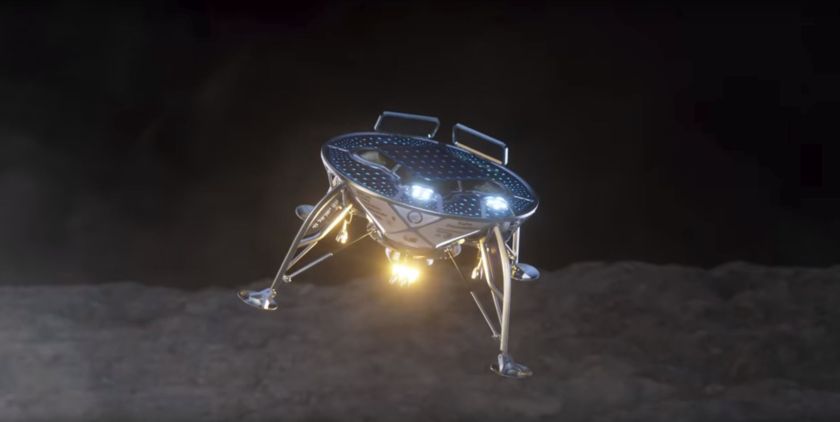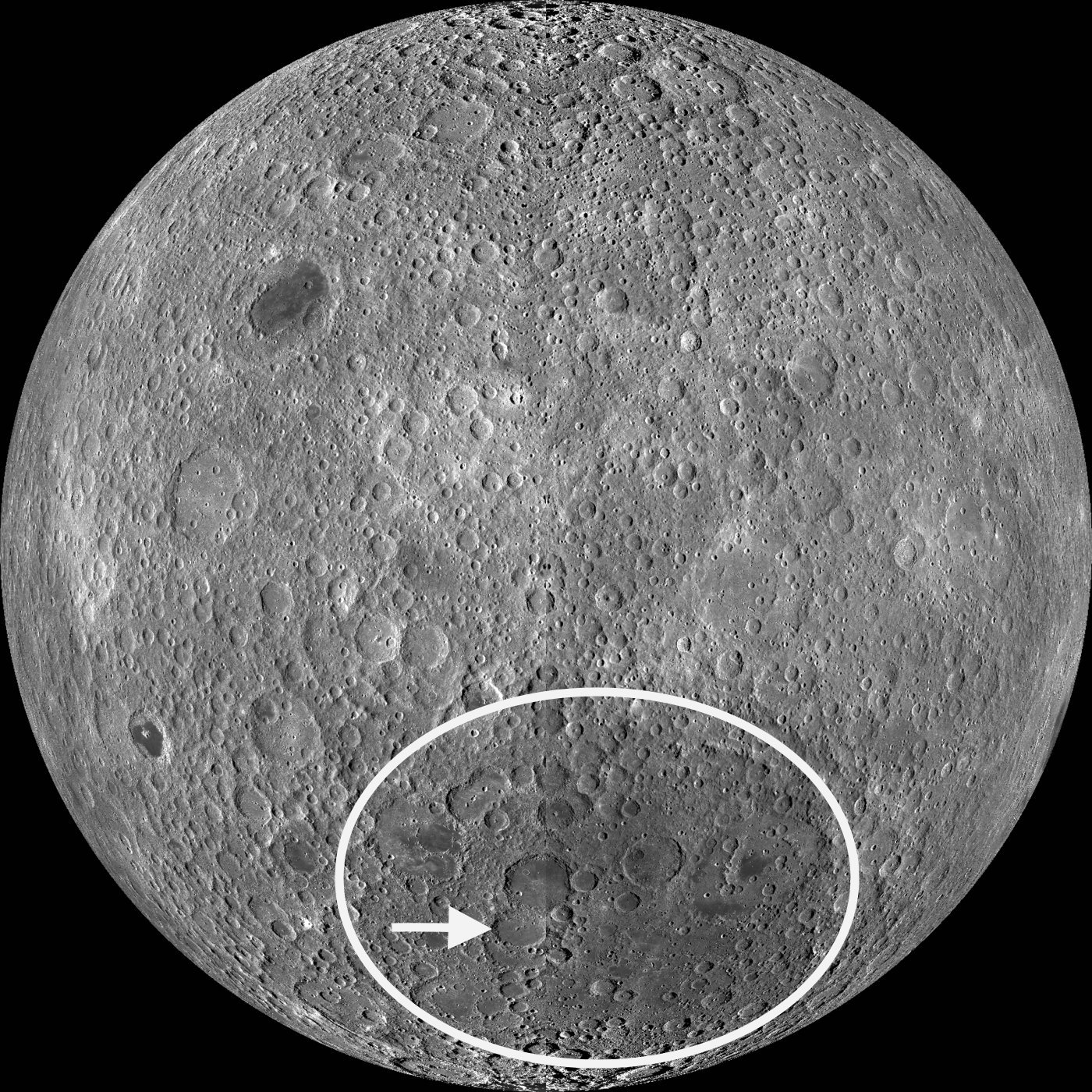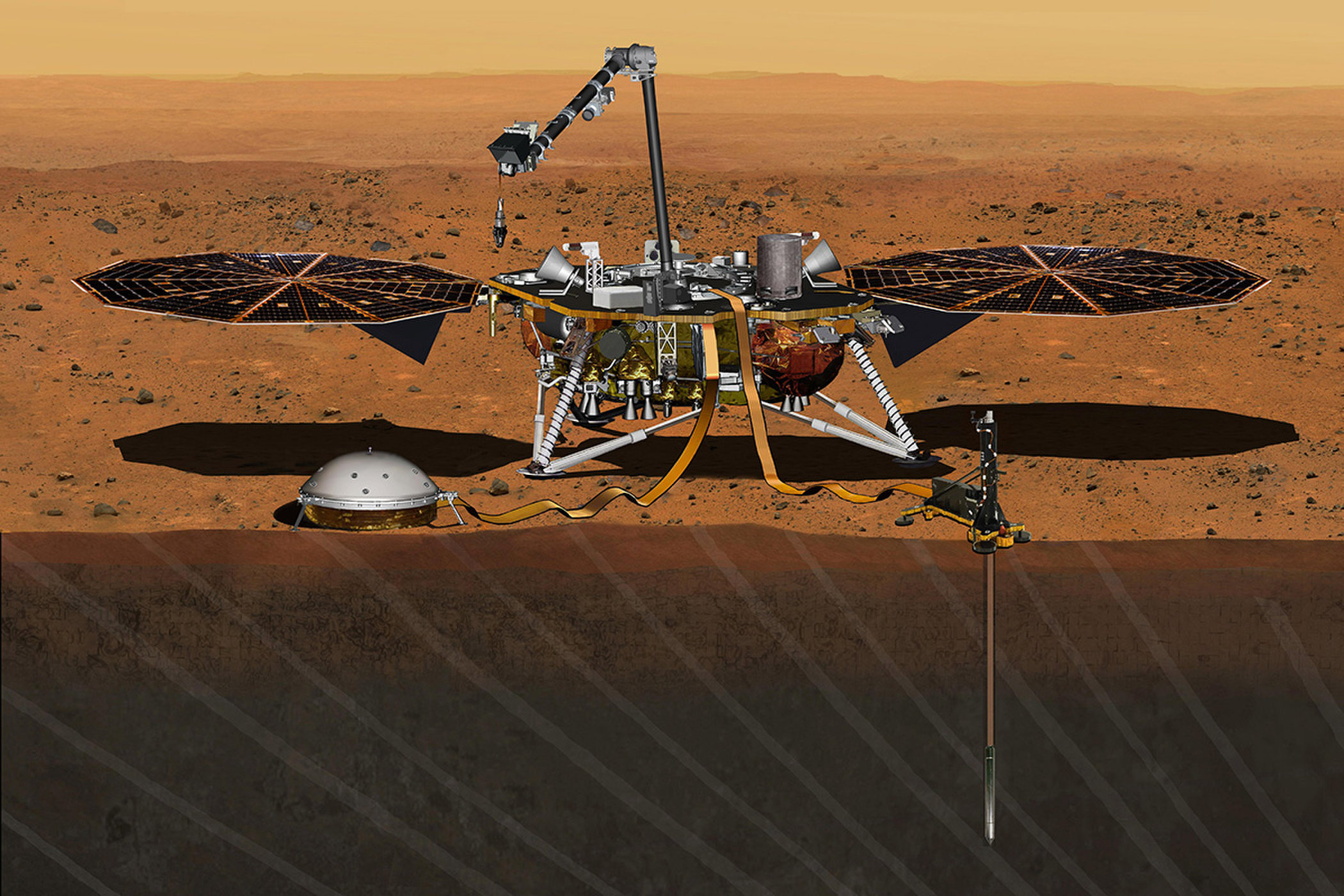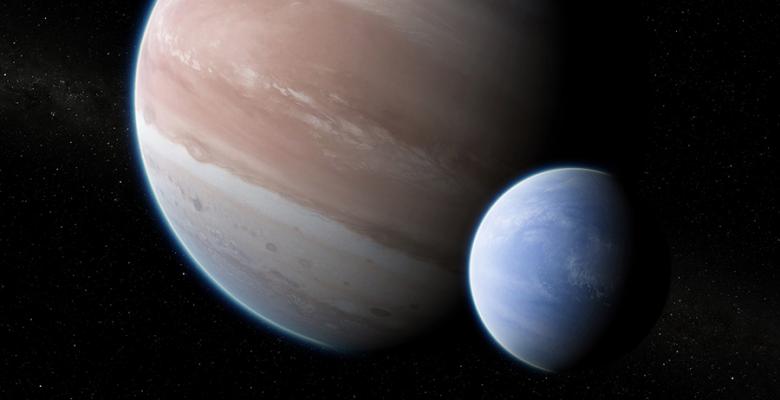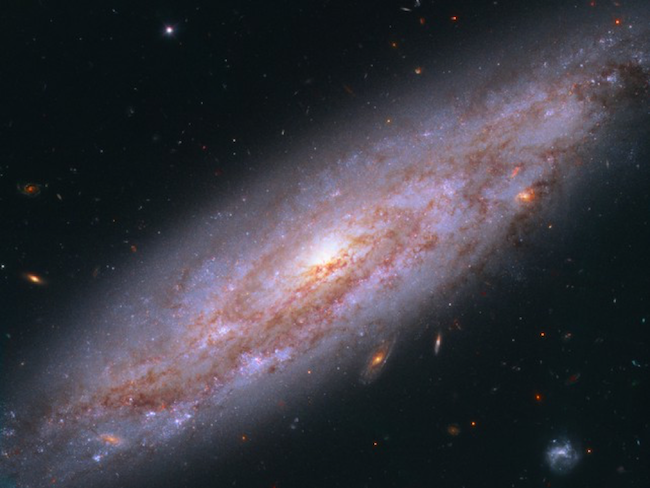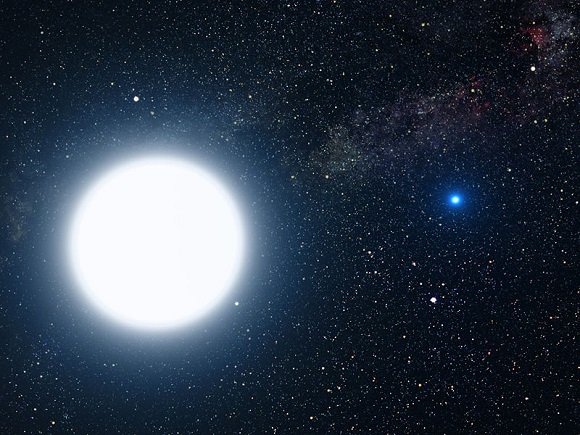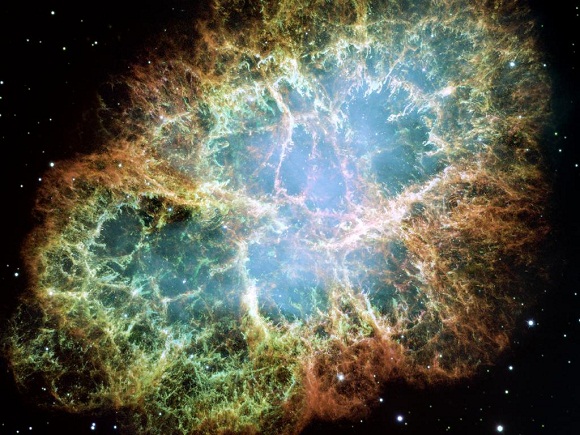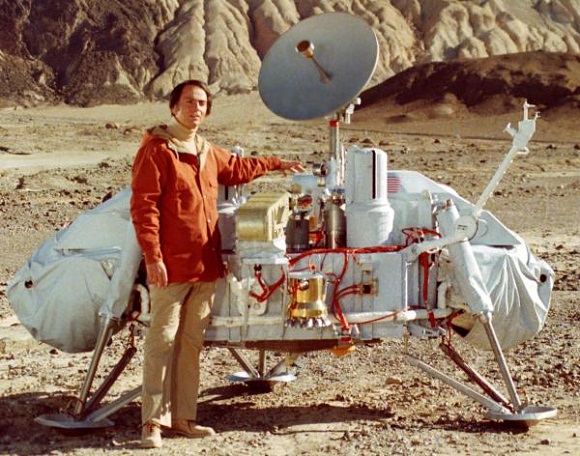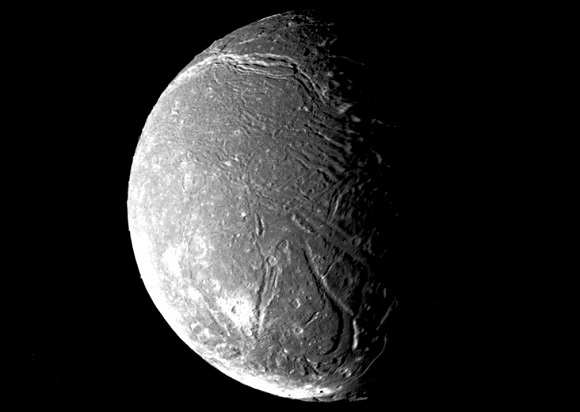During the summer every year, we observe the International Asteroid Day (“Asteroid Day” for short) on 30th June. The United Nations has proclaimed it will be observed globally on that date “to raise awareness about asteroids and what can be done to protect the Earth, its families, communities, and future generations from a catastrophic event.”
While their topics certainly have some overlap, the date for the Asteroid Day was not chosen in acknowledgment of the film Armageddon (which was released on 1st July 1998), but to commemorate a much more real and to this day somewhat mysterious occurrence: the Tunguska event (which would also make a good movie title!). This summer marks the 110th anniversary of what is believed to be the largest impact event on Earth in recorded history.





